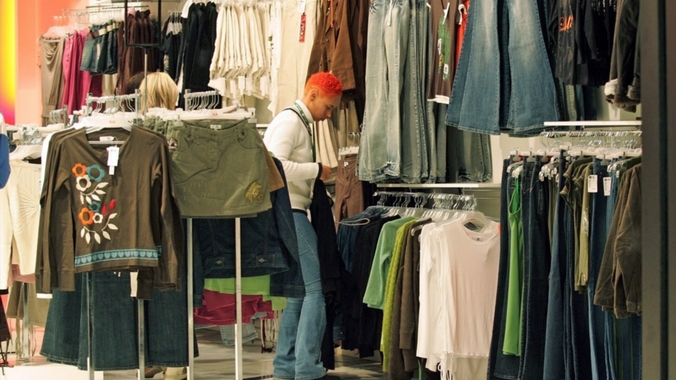South Africa, Africa’s second largest economy, has narrowly avoided slipping into recession after second quarter growth figures rebounded by 0.6 percent. The economy had contracted by the equivalent percentage in the first quarter.
However, whether the country can recover the economic momentum it has lost since the 2009 recession without addressing underlying political tensions appears doubtful.
Following five months of violent workers’ strikes and failed negotiations in the country’s platinum sector, a settlement was reached on 25 June between the top three mine owners and the Association of Mineworkers and Construction Union (AMCU). A month-long metalworkers strike in June dealt an additional blow. The knock-on effects from the strikes sent ripples through the rest of the economy, stunting manufacturing and consumption.
Standard Bank’s chief economist Goolam Ballim does not foresee the country slipping back into recession. “I think the first half [of 2014] captures an aberration in the labour market, and we will have a growing economy even if it is at tepid levels over the near term,” he says.
However, according to IHS Global Insights, an annual growth rate of 3 percent or higher would be required to deliver 1.5 percent growth for 2014, “which is unlikely as monetary policy is tightened”.
President Jacob Zuma has pledged to bring annual growth back up to pre-financial crisis levels of 5 percent by 2019. Following 2009, growth slowed to around 3 percent and has been falling ever since.
“Following the tepid performance in the three years up to 2012, you now have momentum loss,” Mr Ballim explains. “The level of momentum lost between 2008 and 2009 was typically twice the level of momentum lost in your garden variety recession.”
President Zuma won another term in office in May, with opposition parties taking one fifth of the vote from his ruling African National Congress for the first time since the end of apartheid in 1991. The president and his administration are embroiled in a number of corruption scandals.
Opposition parties claim the ANC have failed to deliver on the promises of the post-apartheid era – views that are appealing to increasing number of South Africans, for whom lack of services and widespread poverty remain a daily reality. The rise of a more radical left in politics, spearheaded by Julius Malema’s Economic Freedom Fighters (EFF) party, and their interconnection with the AMCU contributed to bitterness of this year’s strikes.
South Africa has a an open economy, with a free-floating currency prone to being buffeted by commodity price volatility. The US’ retreat from trade with Africa and weak demand from Europe have also increased South Africa’s reliance on trade with China – with mixed effects.
“China’s relative weakness and struggle for stability [has] tempered commodity prices, which in turn has lent a weak rand to South Africa,” Mr Ballim says.
Inflation hit 6.6 percent in June – falling outside the reserve bank’s 3 to 6 percent target band – up from 6.1 percent in April.
In the second quarter, agriculture grew by 4.9 percent, and finance by 1.5 percent. Mining, meanwhile, contracted by 9.4 percent in the space of a single quarter – reflecting the effects of the strike – while manufacturing was down by 2.1 percent.
Mining accounts for only 9 percent of GDP and only employs just over 500,000 people in an economy with a 25 percent unemployment rate, yet accounts for more than 50 percent of South Africa’s foreign exchange reserves. Labour strikes over the past few years, as well as the low price of gold, have caused major miners to either divest of or close down mining operations while shedding jobs. On August 25, platinum producer Lonmin announced it would shed 21 percent of South African workforce.
However, problems in the mining sector and pressure from global trends remain only part of the issue.
“South Africa regrettably seems to have drifted back into a need for political reform,” Mr Ballim laments. “The quality of our political life seems to have deteriorated.”
It seems that in order to regain economic momentum, South Africa will have to prepare itself to engage in a political reckoning.



